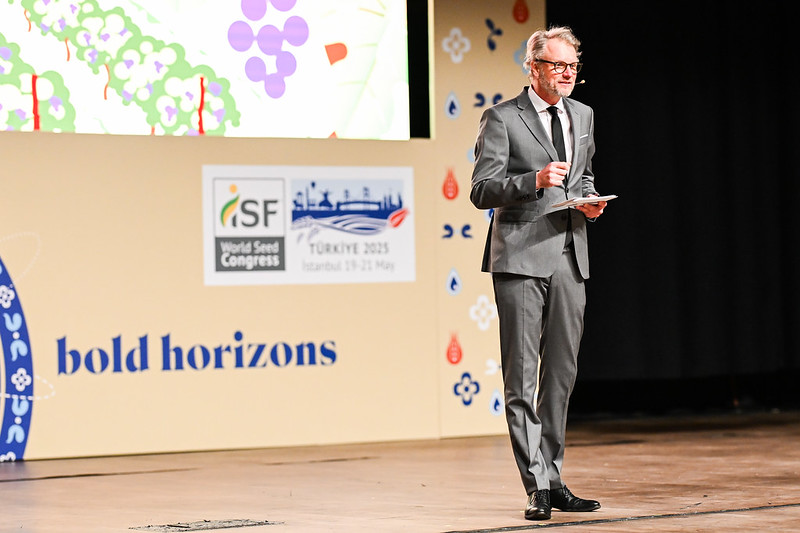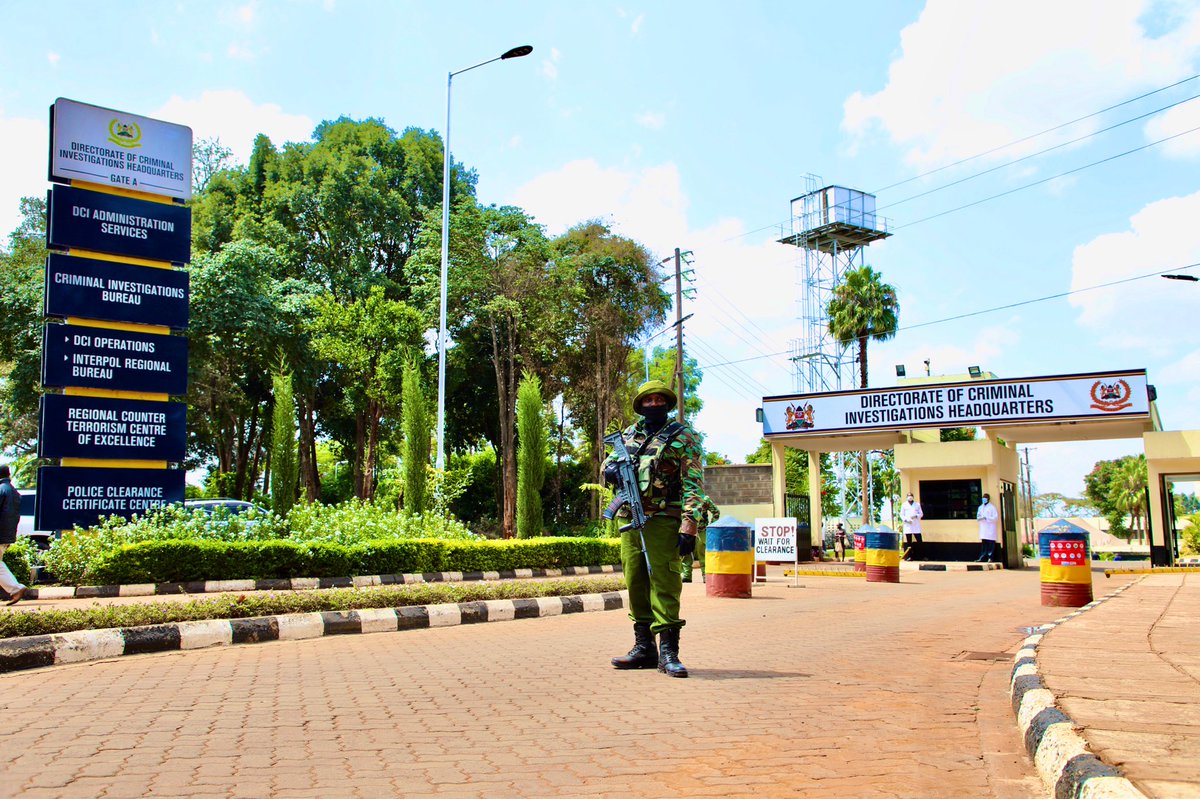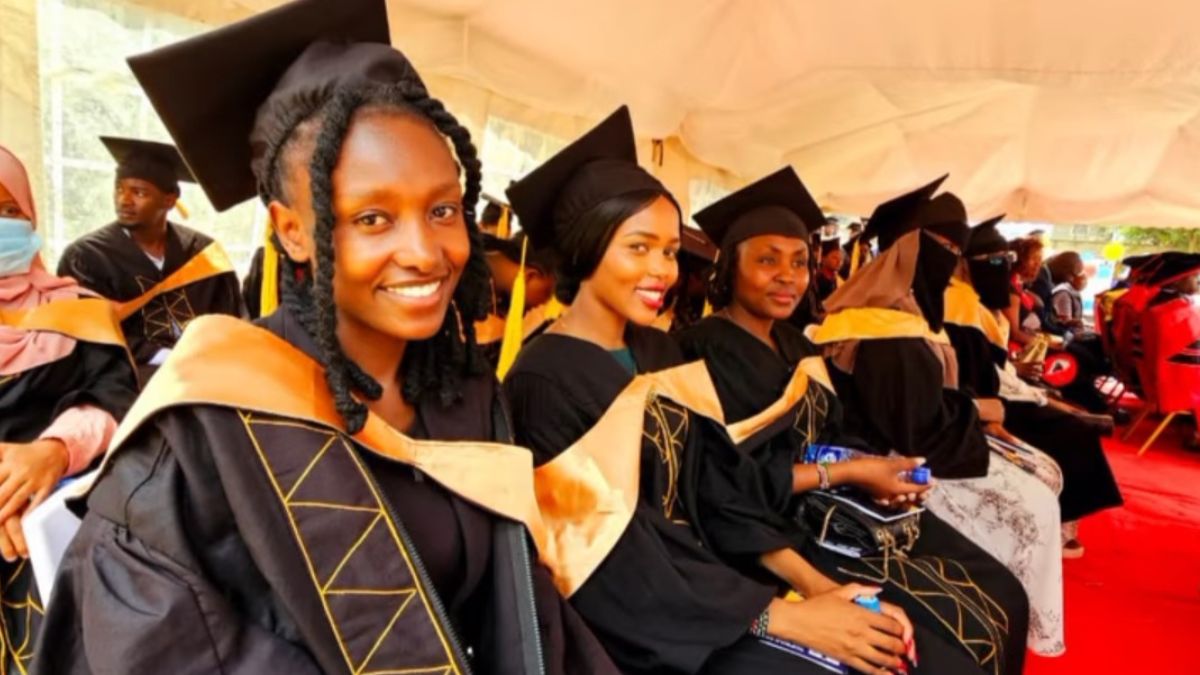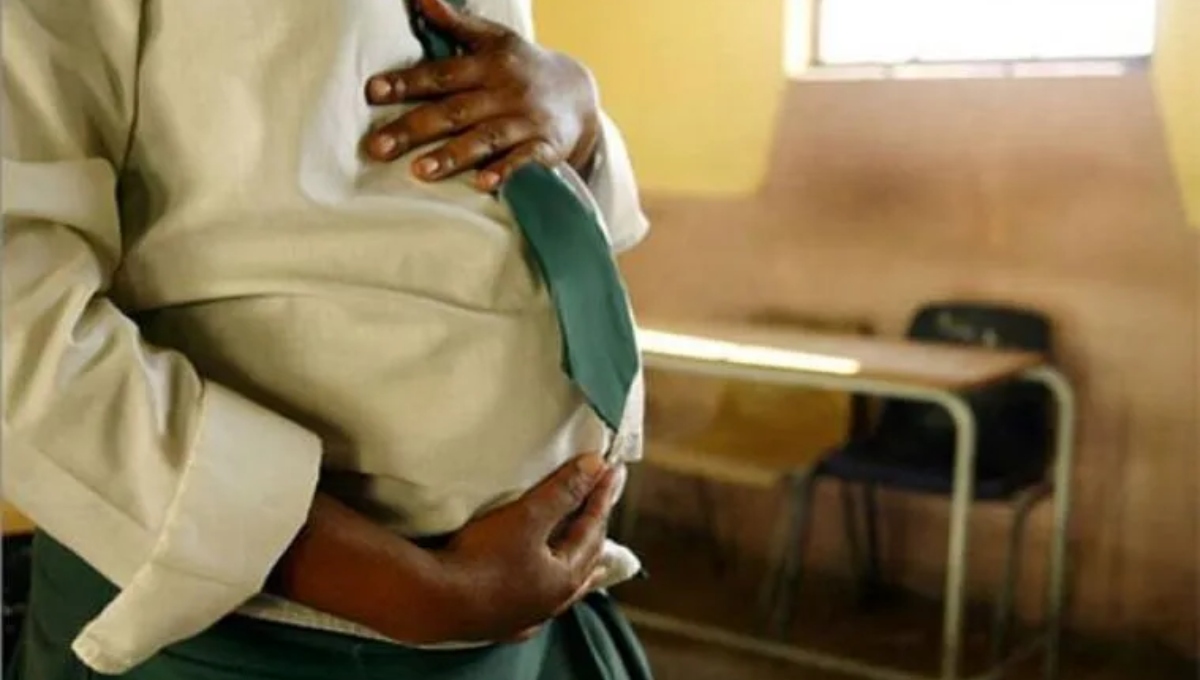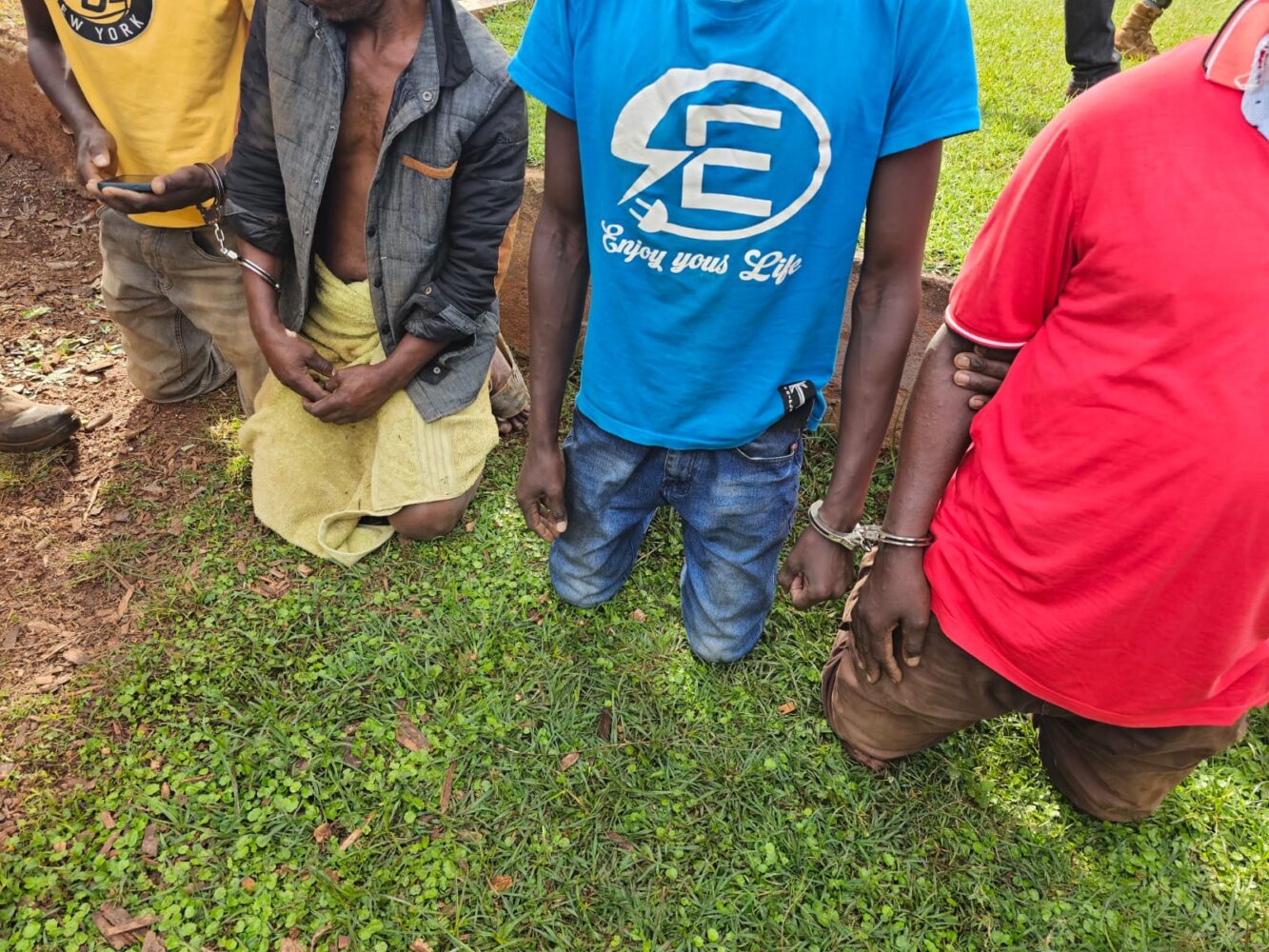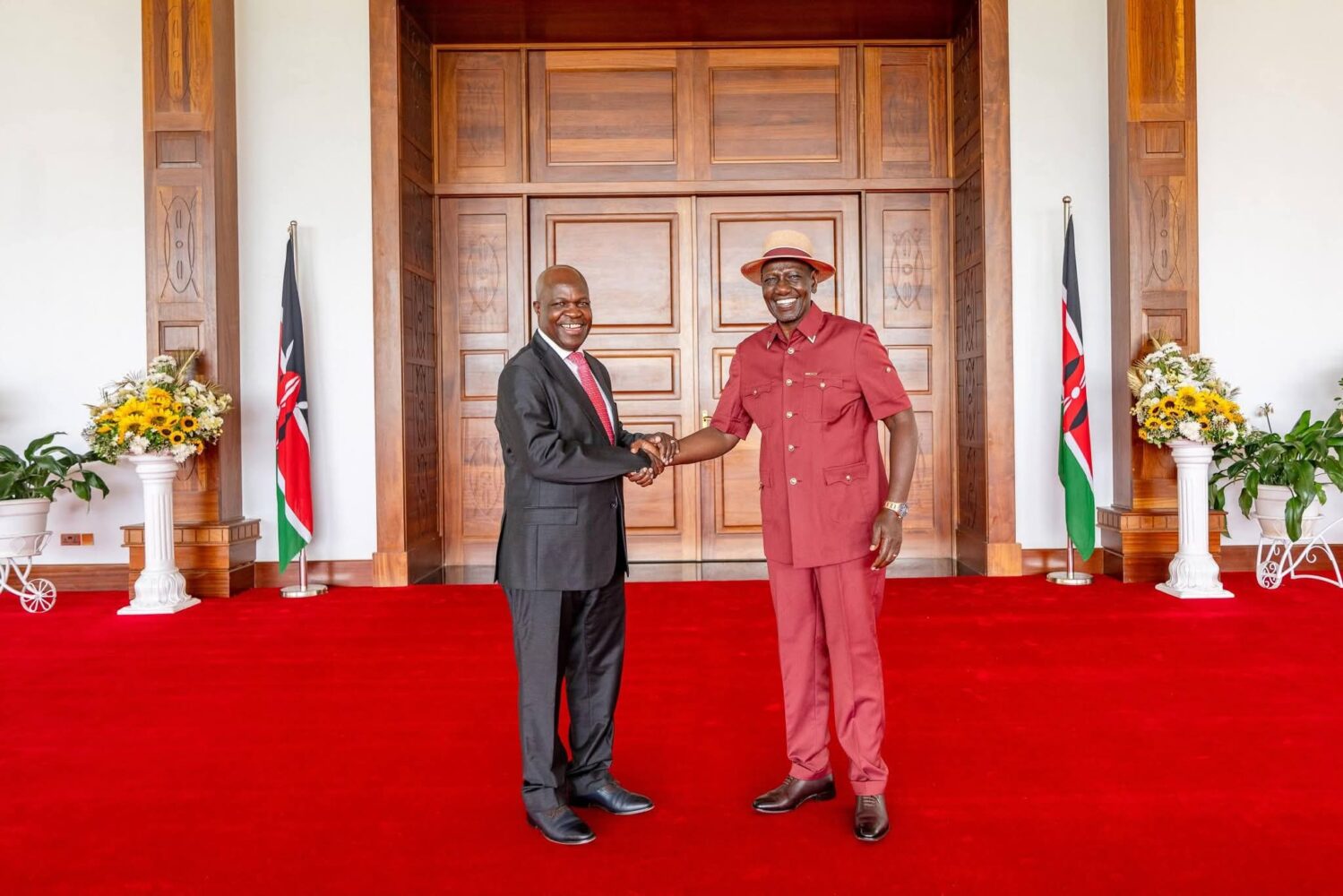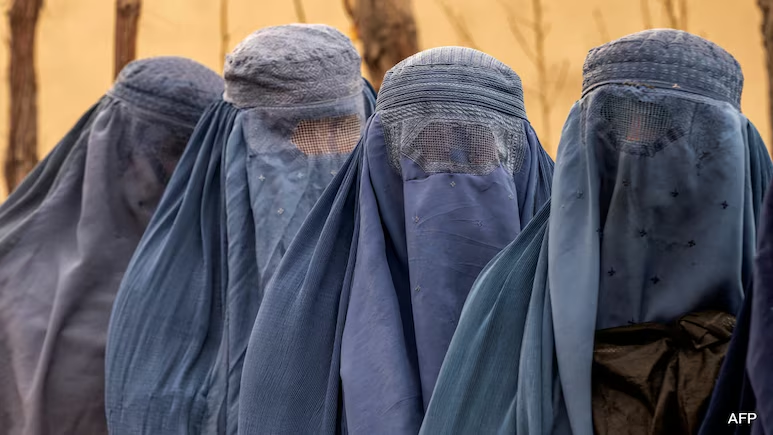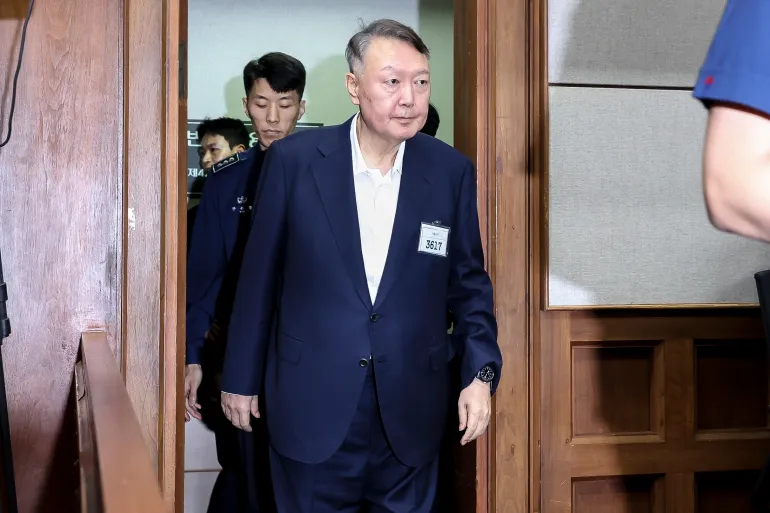Over 1,600 delegates from more than 70 countries have convened in Istanbul, Turkey, for the 2025 World Seed Congress – the largest global platform for the seed industry. Held under the theme “Discovering Bold Horizons,” the event, organized by the International Seed Federation (ISF) and Türkiye’s National Organizing Committee, is taking place against a backdrop of rising global trade disruptions that are threatening the availability of quality seeds and, ultimately, global food security.
Central to the discussions are escalating trade barriers such as tariffs, inconsistent phytosanitary regulations, and unclear policies that are hampering international seed exchange. ISF President Arthur Santosh Attavar emphasized the sector’s heavy reliance on cross-border movement. “Trade barriers like tariffs are a major challenge for seed companies worldwide, including those supporting agriculture in Africa,” he noted.
The implications are particularly dire for African nations like Kenya, which depend on seed imports and global collaborations to advance climate-smart agriculture. Access to improved seed varieties, critical for higher yields and resilience, is threatened by unstable supply chains and restrictive trade measures.
ISF Secretary General Michael Keller further highlighted the complex regulatory hurdles facing seed companies, including issues related to genome editing, intellectual property, and phytosanitary compliance. “This isn’t just a trade issue, it’s about ensuring timely access to quality seeds, particularly in developing countries,” he said.
In 2023, global seed exports topped USD 16.3 billion, with over 7.6 million metric tons traded, underscoring the sector’s vital role in innovation, food production, and climate adaptation.
Kenya is making strides in seed production, certification, and exports, supported by growing private sector engagement and regulatory reforms. Improved seed varieties have already led to yield increases of up to 50% in key crops like maize, beans, and sorghum. Similar progress is seen in Ethiopia’s wheat and Nigeria’s soybean sectors.
However, challenges remain, from fake seeds and poor soil nutrition to underdeveloped indigenous crops. World Food Prize Laureate Dr. Cary Fowler stressed the need for better soil fertility management to fully harness seed technology.
As the Congress concludes on May 21, attention now turns to the upcoming IFAJ Congress in Nairobi, Kenya, in October, where agricultural journalists will further explore food security, climate change, and science communication.


